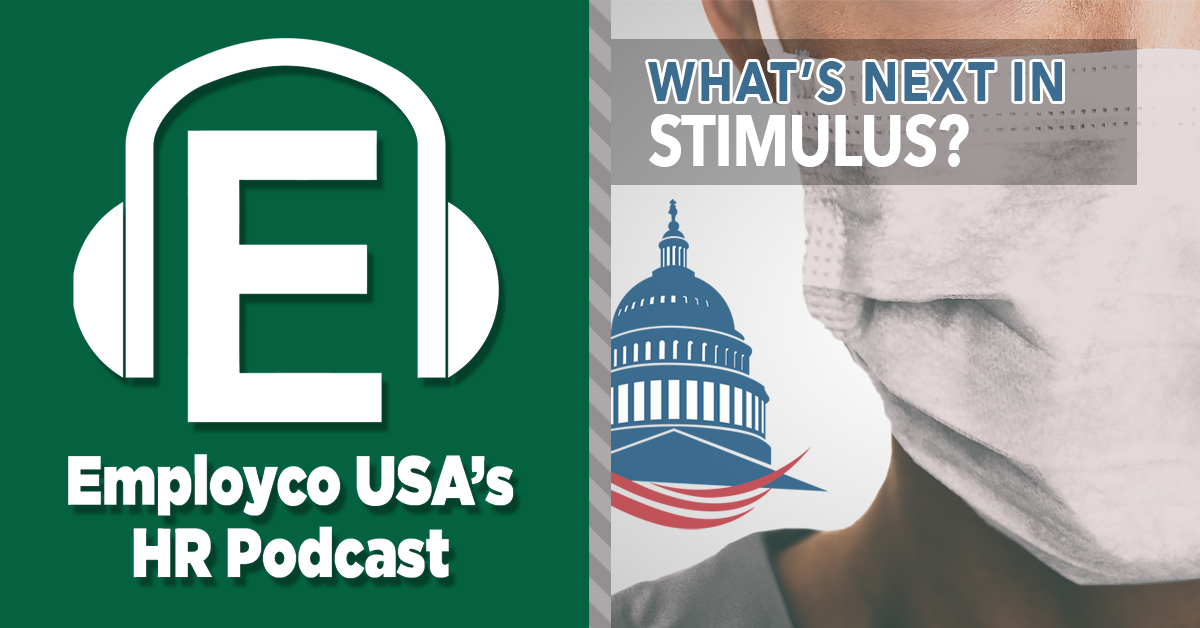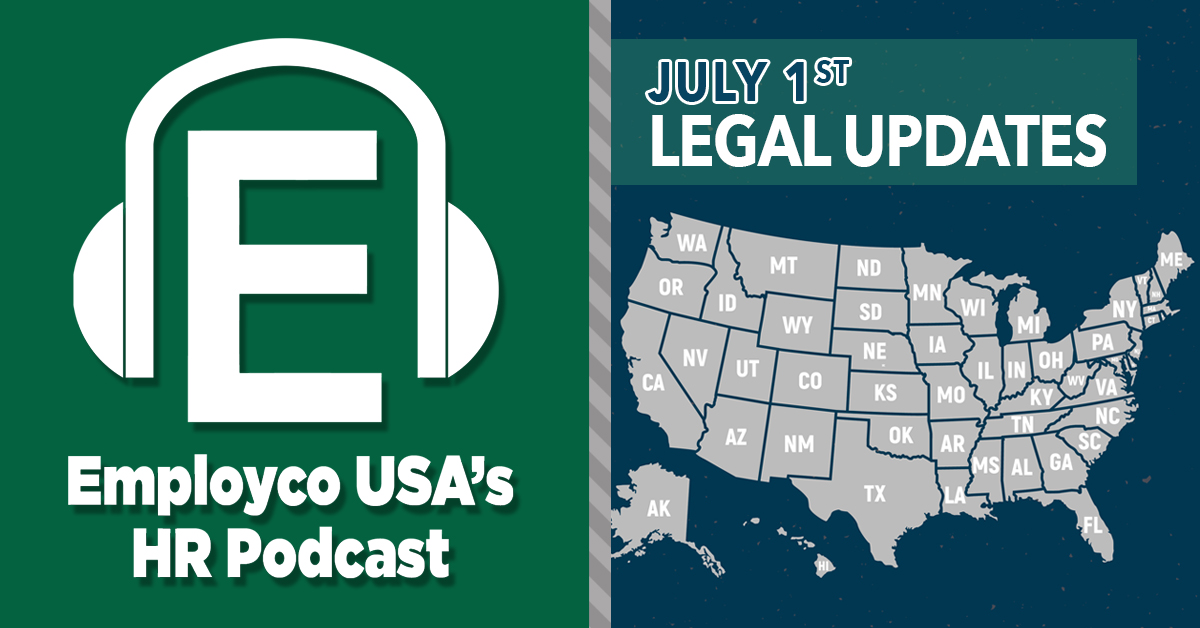Human resources expert comments on President Trump’s newly implemented tax break
 Starting today (Sept. 1), employers now have the option to stop withholding payroll taxes for their staff. The Treasury Department announced the option last week, detailing the new guidelines in a statement that offers a temporary deferral of the payroll taxes which employees pay into Social Security.
Starting today (Sept. 1), employers now have the option to stop withholding payroll taxes for their staff. The Treasury Department announced the option last week, detailing the new guidelines in a statement that offers a temporary deferral of the payroll taxes which employees pay into Social Security.
“Employers can opt to stop withholding payroll tax, provided an employee makes less than $4,000 on a biweekly pay period,” says Rob Wilson, President of Employco USA and human resources expert. “But this is only a deferral. Workers will need to repay the taxes by April 2021.”
Generally, employees and employers each pay 6.2% tax into Social Security, for a total amount of 12.4% per employee. However, under Pres. Trump’s new deferral, employers will have the option of not collecting the employee’s share. As a result, workers could see a bump in their paycheck – but next year, they will have to pay that money back or face financial penalties.
Wilson, who is the president of a national employment solutions firm, says that this will spell a major human resources headache for employers.
 Mental health in the workplace has never been so tenuous. New research shows that both employers and employees are under extreme strain due to the coronavirus pandemic.
Mental health in the workplace has never been so tenuous. New research shows that both employers and employees are under extreme strain due to the coronavirus pandemic.
 With coronavirus cases spiking across the country,
With coronavirus cases spiking across the country, 
 The COVID-19 pandemic has led to massive layoffs across the country. But some people are questioning whether or not these layoffs are being performed in an equitable and legal fashion.
The COVID-19 pandemic has led to massive layoffs across the country. But some people are questioning whether or not these layoffs are being performed in an equitable and legal fashion. Last Thursday the Labor of Department released new figures showing that the United States gained 4.8 million new jobs in June. In addition, the unemployment rate hovered at 11.1%, lower than the predicted 12.4% rate. President Trump heralded the numbers as proof that the economy is “roaring back” after months of economic destruction caused by the COVID-19 pandemic.
Last Thursday the Labor of Department released new figures showing that the United States gained 4.8 million new jobs in June. In addition, the unemployment rate hovered at 11.1%, lower than the predicted 12.4% rate. President Trump heralded the numbers as proof that the economy is “roaring back” after months of economic destruction caused by the COVID-19 pandemic.

